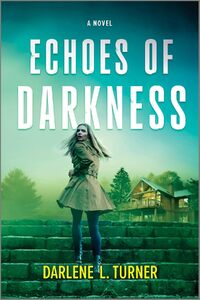

Purchase
The Political Economy of Hope and Fear
Marcellus Andrews
Capitalism and the Black Condition in America
North Point Press
September 2001
On Sale: September 1, 2001
224 pages
ISBN: 0814706800
EAN: 9780814706800
Trade Size
Add to Wish List
Non-Fiction | Non-Fiction Political
"Andrews does a superb job in offering solutions to
familiar problems for African Americans. Complete with
charts, graphs, facts and figures, the author provides
readers with a vivid display of how the scales of equality,
wealth and power are tipped against people of color."
-Upscale "Andrews' aim is to paint an
intellectually defensible and decidedly anti-conservative
picture of the complicated tie between race and economic
well being." -Booklist "Fiery, passionate,
and provocative, but also unflinchingly rigorous in its
argument. It is rare for an economist to write with such
fire bolstered by such a commitment to logical reasoning."
-William A. Darity, Jr. The Political Economy of
Hope and Fear analyses the role technology, capitalism and
conservative economic and social policy have played in
determining the economic status of black Americans at the
end of the 20th century. Andrews argues that black people
are poorer, sicker, and less well educated than whites
because the blue collar road to middle-class life has given
way to technology, globalization and free market conservatism.
Comments
No comments posted.
Registered users may leave comments.
Log in or register now!
| 


 © 2003-2025 off-the-edge.net
all rights reserved Privacy Policy
© 2003-2025 off-the-edge.net
all rights reserved Privacy Policy